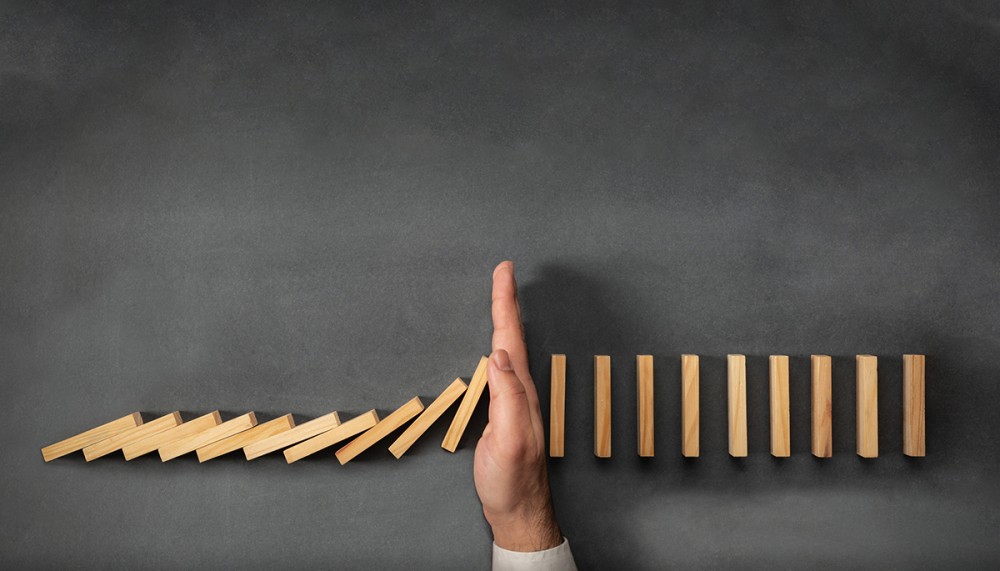Bold economic intervention shouldn’t require a pandemic
It turns out the government can take big action to help people.

The coronavirus pandemic has brought great suffering to the world. In the US alone, tens of thousands have died, many more have suffered harrowing illness, and even those who are healthy face a plunging economy and widespread unemployment. COVID-19 has demonstrated the startling shortcomings of American governance in the face of emergency.
Yet the crisis has also revealed something cautiously hopeful: a rare glimpse of the big steps our political system, frayed though it is, is capable of taking to support people in economic distress.
Our divided, polarized government quickly enacted trillions of dollars in economic stimulus and relief. It established a loan program, with generous terms, to protect payroll. It greatly expanded unemployment insurance. Yes, these provisions came larded with money for rich individuals and big companies. Still, these are big, aggressive moves to help people at all income levels—the sort of moves we’re all accustomed to hearing politicians say that government simply cannot make. It turns out it can.




